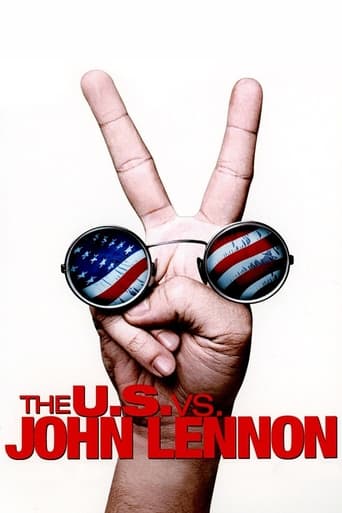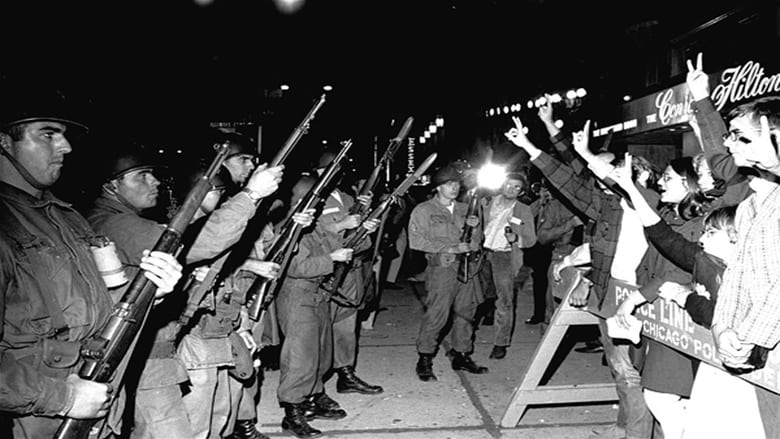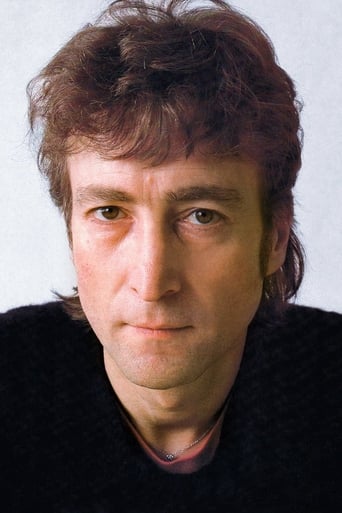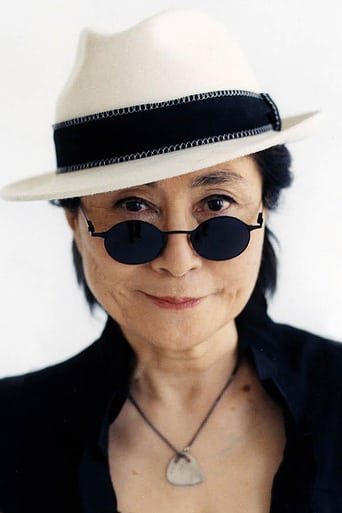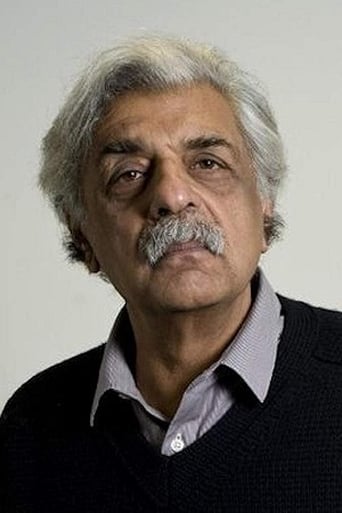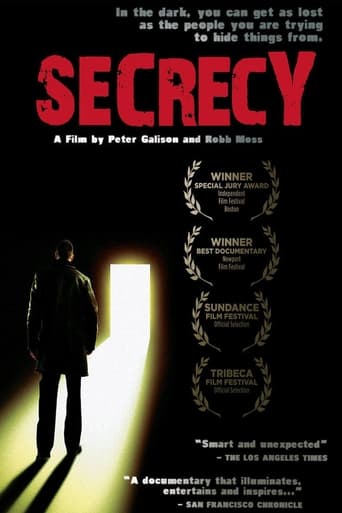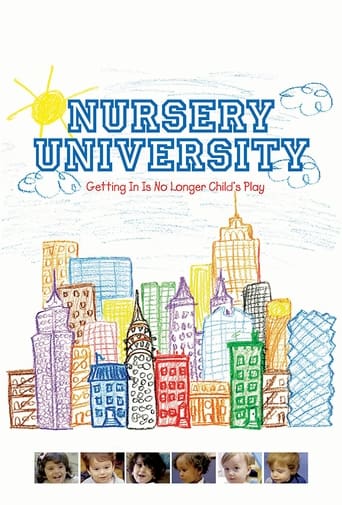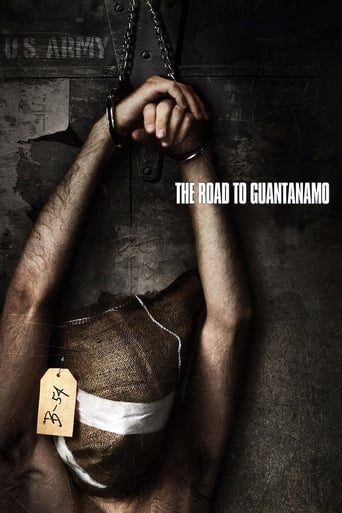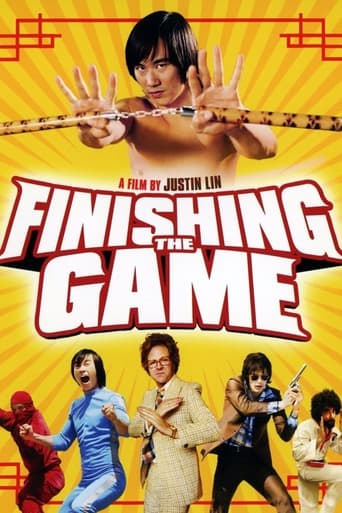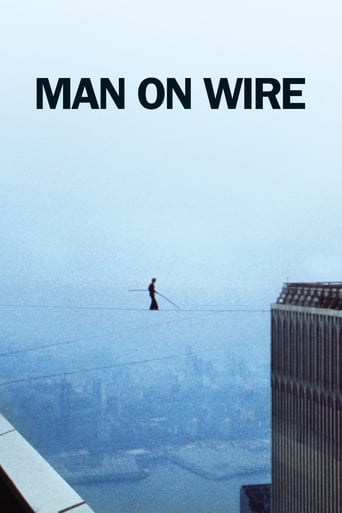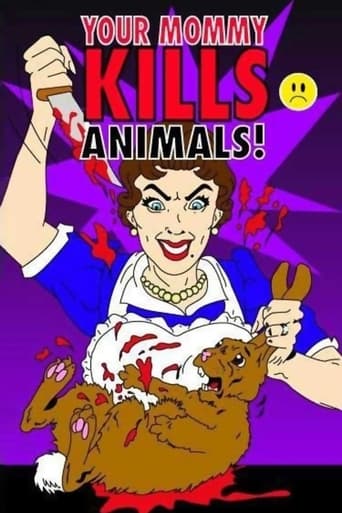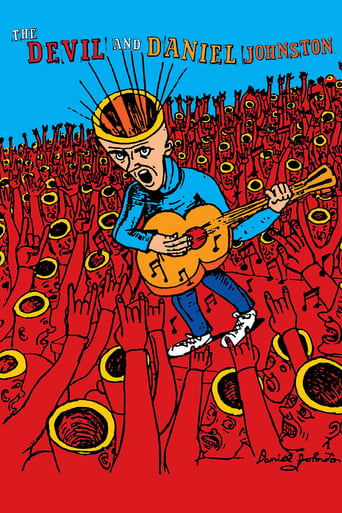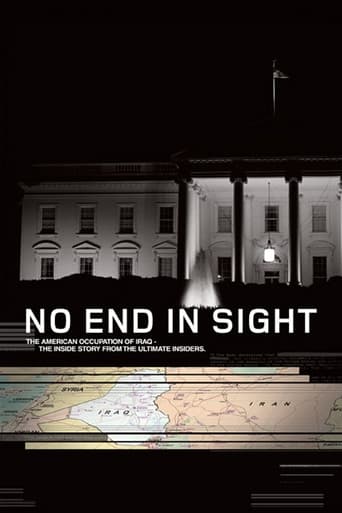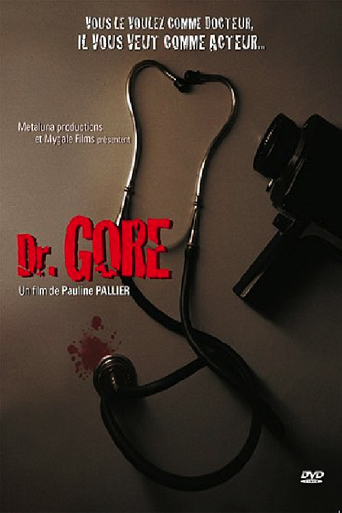The U.S. vs. John Lennon (2006)
A documentary on the life of John Lennon, with a focus on the time in his life when he transformed from a musician into an antiwar activist.
Watch Trailer
Cast


Similar titles
Reviews
Good story, Not enough for a whole film
I like movies that are aware of what they are selling... without [any] greater aspirations than to make people laugh and that's it.
This is a must-see and one of the best documentaries - and films - of this year.
It's simply great fun, a winsome film and an occasionally over-the-top luxury fantasy that never flags.
Directed by documentary filmmakers David Leaf and John Scheinfeld, The U.S. vs. John Lennon was presented by Lionsgate and VH1 in 2006. Depictions of John Lennon have been produced in many forms and have often told a story of an outspoken "Beatle" turned world-peace activist, however Yoko Ono Lennon asserts, "Of all the documentaries that have been made about John, this is the one he would have loved." The directors told this story of John Lennon from a unique perspective; shedding light on the struggle he and his wife had to overcome in effort to deliver their message of peace to the world. Citing the work of historian Jon Wiener, Gimmie Some Truth, 1999, this film documents the attempt made by the United States government to have John Lennon deported from the country. During the production of this film, the passing of The Patriot Act and the beginning of the Iraq War were still current events, the post 9/11 culture was a significant factor to the style in which this story was told. Along with original music and archival footage of interviews and performances of Lennon, featured in the film are a variety of public figures who offer personal accounts to the global impact made by Lennon and comparisons between the political cultures of the Richard M. Nixon and George W. Bush presidential eras. The synopsis of the film featured on the back cover of the DVD retrospectively draws a certain conclusion about Lennon's efforts. While I do not debate his courageousness, I contest the assertion that his battle with the U.S. Government ended in a victory for Lennon. "The U.S. vs. John Lennon is the compelling and provocative story of John Lennon's evolution from beloved Beatle to outspoken artist and activist to iconic inspiration for peace, and how, in the midst of one of the most tumultuous times in American history, Lennon stood his ground, refused to be silenced and courageously won his battle with the U.S. Government." If Yoko was correct in saying that John would have loved this documentary, would it be because the message of the film extended beyond "Beatlemania" and touched upon speaking out against wartime initiatives? During the late 1960's and early 70's, Lennon used his access to media to lend the microphone to people that he admired, some of which appear in this documentary; the opening scene of the film features Jerry Rubin (founding member of the Youth International Party) at the John Sinclair Freedom Rally, and Bobby Seale (co-founder of the Black Panther Party) contributed an interview and appears throughout the film. Use of archival footage helped shape the tone of The U.S. vs. John Lennon; the words of Dr. Martin Luther King Jr. were used to counteract those of President Richard Nixon. "When somebody in show business comes and participates in a political rally, he, or she, is doing something that is a great personal sacrifice, and even a personal risk." (Nixon) Even though the footage of King was recorded before Nixon's warning, the excerpt of King's speech appears to be a response to Nixon in the film."Somewhere I read of the freedom of assembly. Somewhere I read of the freedom of speech. Somewhere I read of the freedom of press. Somewhere I read that the greatness of America is the right to protest for right." (King, 1968)Furthermore, when considering the parallels, depicted in this film, between Nixon and Bush, King's speech may have also served as a response to the then current Presidential administration.At the beginning of 1971, John and Yoko were interviewed by Tariq Ali and Robin Blackburn for an article to be featured in the underground London Newspaper, The Red Mole. Ali and Blackburn recall John's ambition to use his celebrity status and experience with film and music to create an institution to assist the development of "radical movements." In 1972, before Lennon became aware that he was being investigated by the FBI, he released the album Sometime in New York City: two of the songs featured on the album were written to raise public awareness for civil rights activists John Sinclair and Angela Davis. Upon being served with a deportation notice, John continued to voice his political opinions and indeed was awarded a Green Card that enabled him to reside in the United States; if the goal of the Nixon administration was to completely silence John Lennon, they lost. However, a considerable impact on Lennon's political involvement can be observed by looking at the work produced by Lennon during and after his investigation, which did not officially end until Nixon had won his reelection campaign, which raises the question as to whether or not John Lennon would have viewed his battle victoriously in retrospect. This film mirrors Lennon's album Sometime in New York City, as both created public awareness by centrally placing those with credible insight and first-hand experience with social activism. In 1972, if a person wanted to know more about current social movements, Lennon's album would have served as a good starting point. The U.S. vs. John Lennon may have conjured memories for those who lived during the Nixon era while it introduced research-worthy public figures to those who were not alive during Lennon's time. This film may have also introduced a few John Lennon songs to less versed fans, some of which cannot receive FM airplay due to current FCC regulations.
John Lennon, singer, songwriter, and controversial member of the Beatles, began to see the world differently in 1966 with the advent of those horrendous early years of the Vietnam war. Upon meeting (and eventually marrying) avant-garde Japanese artist Yoko Ono, Lennon grew out his hair and beard and began staging intimate peace rallies accentuated by new songs of hope. But his show-bizzy activism didn't become a thorn in U.S. President Richard Nixon's side until a 1971 musical protest rally to free incarcerated marijuana smoker John Sinclair resulted in Sinclair's sudden release (just hours after a review board had denied the request). Lennon's ability to rally the young people of America--and his not-shy vocal stance against the war (and, by proxy, Nixon himself)--struck fear into the White House, particularly with Nixon about to campaign for his second term. The rock star was put under not-so-subtle surveillance by J. Edgar Hoover and the F.B.I., with men in suits on Lennon's tail, his phones tapped, plus a years-old British conviction for drug possession exaggerated for use in hopefully getting John and Yoko out of the country forever. Chronicling a nearly-forgotten chapter in music and political history, this fast-moving, clip-heavy documentary financed by Lionsgate, VH1, and Paramount is wonderfully entertaining, darkly amusing, moving, and yet finally depressing. With help from a savvy Immigration lawyer, John and Yoko were eventually allowed permanent residence in the States--a celebratory event which, in turn, lead to Lennon's assassination in 1980. The intricacies of fate, justice and injustice, good fortune and bad breaks are revealed here to a devastating effect. *** from ****
U.S. vs. John Lennon, The (2006) *** (out of 4) Interesting and sometimes powerful documentary that discusses the U.S. governments attempt to get John Lennon pretty much kicked out of the country. The first part of the documentary pretty much covers everything Lennon was doing politically but then the second half really focuses in on the immigration battle. The second half is certainly the more entertaining segment because it's rather interesting seeing all the FBI files and so on. I've become a huge fan of Lennon over the past year or so even though I personally feel he was a tad bit crazy and even more naive. Even with that said, while watching this film you can't help but respect the guy. The documentary does a great job at showing how fearful Lennon was of being kicked out of the country and yet he stuck to his guns. On a somewhat side note, Lennon's comments about God while he was still a Beatle is also talked about and I can't help but feel this is one of the funniest moments in the history of rock. What's so funny about it is seeing George, Ringo and Paul look as if they are scared to death of what Lennon was going to say next. The facial expressions of Paul's face are just downright priceless. The music soundtrack here pretty much features every Lennon solo work. Well, not really but all of the greatest hits are on display. Having watched the two Beatles films earlier I can't help but think they all went on to do better music as solo artists (at least Lennon and Harrison).
The central premise of The US vs John Lennon (the latter as described in the Departed, of all movies, semi-sarcastically as "the president before Lincoln") is that public figures are always up for grabs if they come out on either side of the fence. Lennon was fervently anti-war- if very unsure about going all the way into the dangerous political zone (hence not going, wisely enough, to the violent demonstration that happened at the 1972 Republican convention)- and because of his connection with various people like Jerry Rubin and Abby Hoffmann, as well as questionable ties with the Black Panthers, he was monitored openly, and threatened with deportation for a bogus pot arrest in 1968. Nixon, meanwhile, was one of the all-time nut-job presidents when it came to the military, who ran in 68 on an "I'll-end-the-war-honorably" ticket and instead kept the war going for years, including invading Cambodia.Many of the facts brought up in this documentary aren't new, especially to those who were alive during the time it happened and the media went all over Lennon (so it goes in today's tabloids as well, only here it was some kind of real news). But they are presented compelling enough so that they can offer up some bits of insights for newer audiences to Lennon's music and politics. To be sure, it is a slanted argument, but slanted for the right reasons (you're bound to not find anyone in a doc like this saying "oh, Vietnam, not so bad", unless maybe Liddy). Yet the argument holds strong throughout, about the nature of political practice and the ideals of changing things not going well with the establishment. And there are questions raised for the audience, if not directly: should Lennon, who technically wasn't American, be apart of a movement that was going on, or just stuck to doing his songs and music? (The filmmakers, by the way, wisely cut out much at all to do with the Beatles, albeit they kind of skirmish past the whole issue of "Beatles bigger than Jesus" when it's presented more as a footnote of the outspoken side of Lennon than connecting to the main focus).It's interesting though to see the footage of the "bed-in", when Lennon and Ono did almost a kind of tour of protest-by-lethargy, and had the press in there as part of the ironic-not-quite-joke of the matter. And there's also fascination in seeing Lennon describe, candidly in archival interviews, the toll the media blitz and upheaval from the government had on him. Only towards the end do the directors start to waver the attention a little bit, even as it is, to be sure, part of the story of Lennon and his eventual tragic death in 1980. But the core idea behind the documentary is one that will always pose something that the viewer should look for: what is it about two unlikely connected figures- popular celebrity musician-cum-activist and one of the craziest presidents this country ever had- that still seems relevant today? Can people take away anything from Lennon's struggle with the powers-that-be? It might be a little obvious (i.e. getting past apathetic stances and doing nothing to just trying to do 'something'), but the point is made nonetheless in the film, and not in a manner that is too schmaltzy or heavy-handed. Just make sure you don't have a BS drug bust to worry about.

